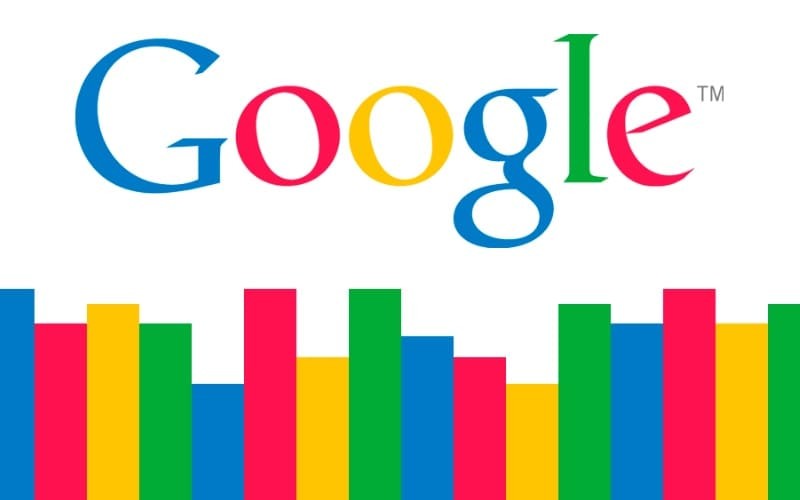
In a first model attempt to be allowed in the states of Illinois, Indiana, Iowa, Montana, Pennsylvania and Rhode Island sports betting ads.
In 2018, a US court questioned the ban on gambling in the US In 2019, many states initially legalized online sports betting. Google is now also reacting to the developments as the largest search engine in the world: Sportsbook providers in the USA are allowed to directly advertise their gaming offerings on Google in the states of Illinois, Indiana, Iowa, Montana, New Jersey, Nevada, Pennsylvania, Rhode Island and West Virginia.
The Google gambling advertising guidelines for the US have now been adjusted and you can read there for the US:
Google allows ads promoting the following online gambling by government agencies:
lotteries
Google allows the promotion of the following types of online gambling by state-licensed companies:
Sports Betting in Illinois, Indiana, Iowa, Montana, New Jersey, Nevada, Pennsylvania, Rhode Island and West Virginia (see beta page for details)
Advertisers must also be Google certified.
So far, Google has only allowed sports betting in Nevada, New Jersey and West Virginia under the limited beta program, and changes to the advertising policies now allow ads in other US states. In Kenya, Nigeria and Colombia there should also be advertisements for gambling products.
Will Google’s tough gambling rules be relaxed?
The relaxation of gambling rules is the result of a lengthy process. As recently as 2013, Google has acted against the offers of online casinos and other gambling providers. Real-money gambling apps were completely removed from the play store, and it did not matter if gambling was allowed in the country.
The move to ban real-money gambling in apps was based on Google’s claim that it included partial product advertising for unlicensed gambling operators. Therefore, the following content was prohibited in the Play Store:
Content or services that facilitate online gambling (…), online casinos, sports betting and lotteries or skill games.
Since 2017, a rethinking of the business policy of Google is recognizable. In that year, some national stores allowed gambling apps that could be used for real money. In 2019, the relaxation of the gambling advertising policies on Google Ads was added. As of July 2019, sportsbooks in New Jersey were able to advertise for the first time through Google Ads.
What does this mean for the American gambling market?
More than 325 million people live in the USA, which is why the gambling market is also four times as big as it is in Germany. Many European bookmakers like William Hill have already expressed interest in the US gambling market in the past. William Hill is trying to compensate for the declining British market.
The new relaxed advertising policies provide a new competitive advantage for the US market, as gambling providers can advertise through Google Ads, the Display Network or YouTube. The Google Ad Manager remains excluded from the easing for now, however.
Can any kind of gambling in the US be advertised on Google now?
At present, the easing of advertising policies relates only to sports betting and Daily Fantasy Sports in the US. For online casinos may not be advertised. In addition, each ad must continue to be self-certified by Google.
Not everyone is allowed to advertise gambling. According to Google, it requires a license for gambling by the respective national regulatory authority. Furthermore, it is important to ensure that the website also provides content for responsible gambling.
In the past, there have also been issues with commercials appearing on gambling providers under topics and questions like “How can I unsubscribe from all gambling?”. Meanwhile, such ads were prevented by word filters, but it could also be similar problems in the future.
Expansion of easing also possible on online casinos?
Many experts are already speculating that by 2020 Google may relax the US online casino bans on advertising. In 2020, the ban on online casinos in the United States ends – so there is also a revision of the gambling laws there.
Some American media report plans for the first quarter of 2020. Google itself does not seem to want to enter the gambling business, but merely be a technology and advertising partner.
Gambling advertising – a lucrative market
According to estimates, the British business consultancy Regulus Partners estimates that the gambling industry invests more than € 1.73 billion a year in advertising.
80% of the spend would go directly to online marketing. Google could secure part of the cake and generate new revenue through the new looser advertising policies – it is already anticipated that Google will generate millions of dollars in revenue generated in legal markets.
In 2018, Google had a market volume of more than 85% for search queries and more than 98% for mobile devices. However, it should be noted here that only 66% of all requests result in a click on a result and, according to current statistics from Sistrix, only 6.79% of requests generate a click on advertisements. Other portals sometimes speak less than 3%.
Nevertheless, developments in the USA may be important for Germany. Especially as the market research consulting company “research tools” estimates that gambling operators in Germany have spent about 401 million euros for marketing – which is also a considerable number. Part of it will also land on Google, currently trying to find seemingly new revenue streams.
For more info visit online casino forums for US players.




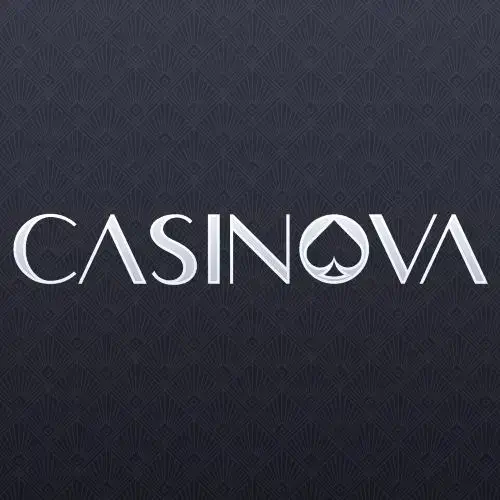
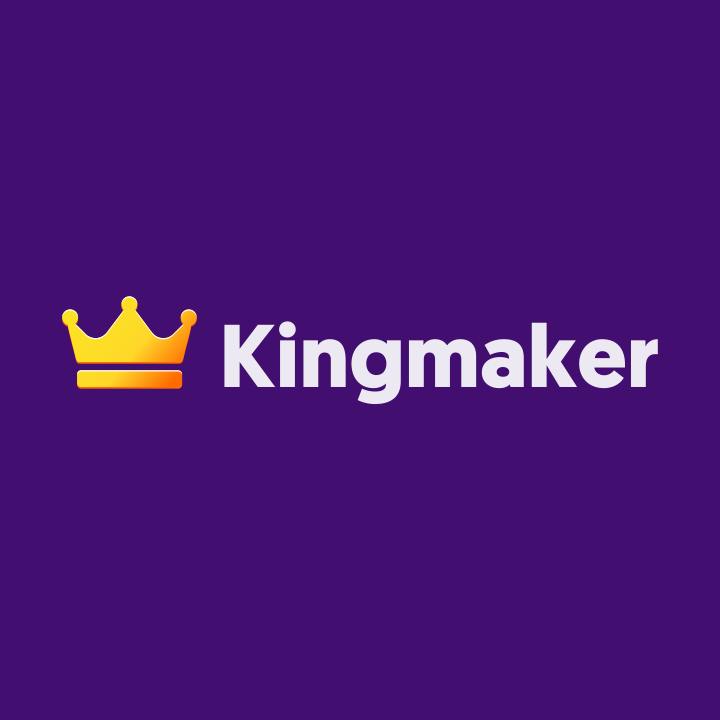
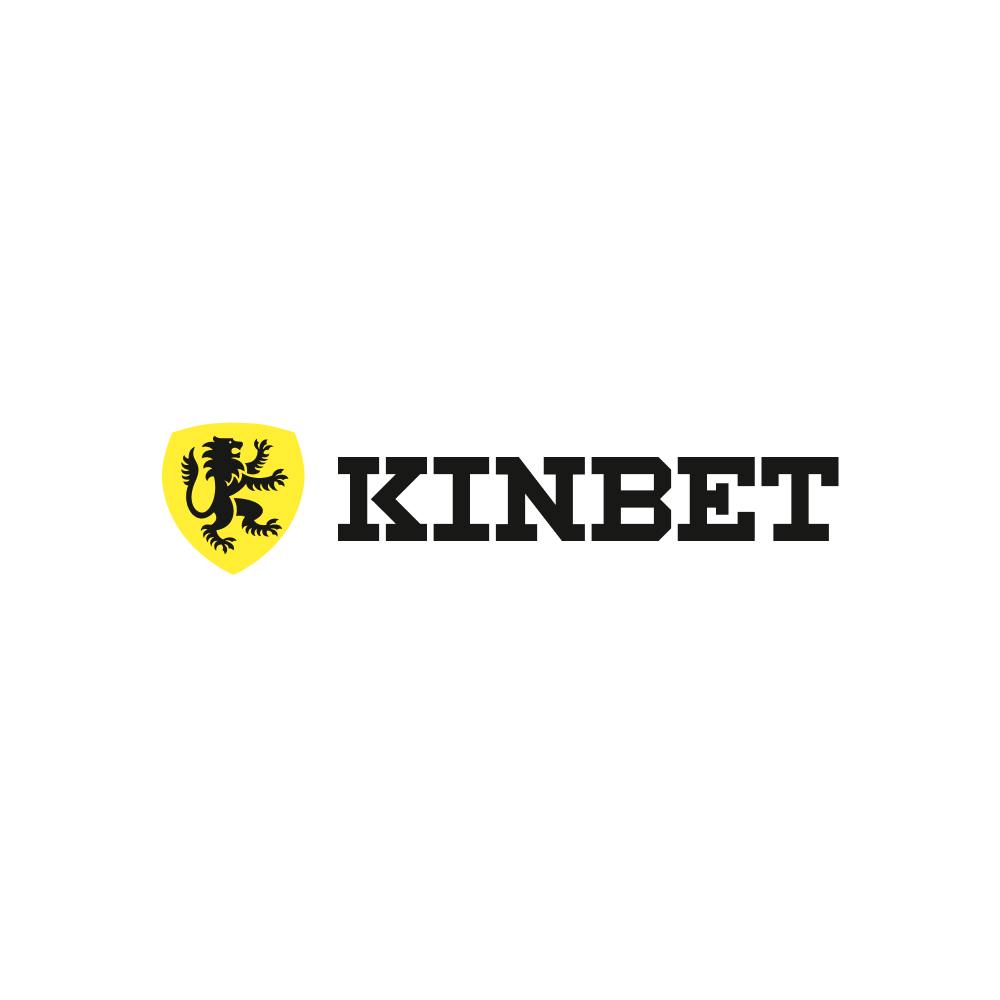
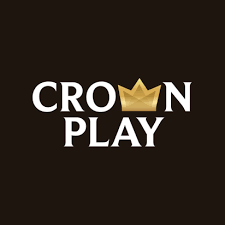



Be the first to comment